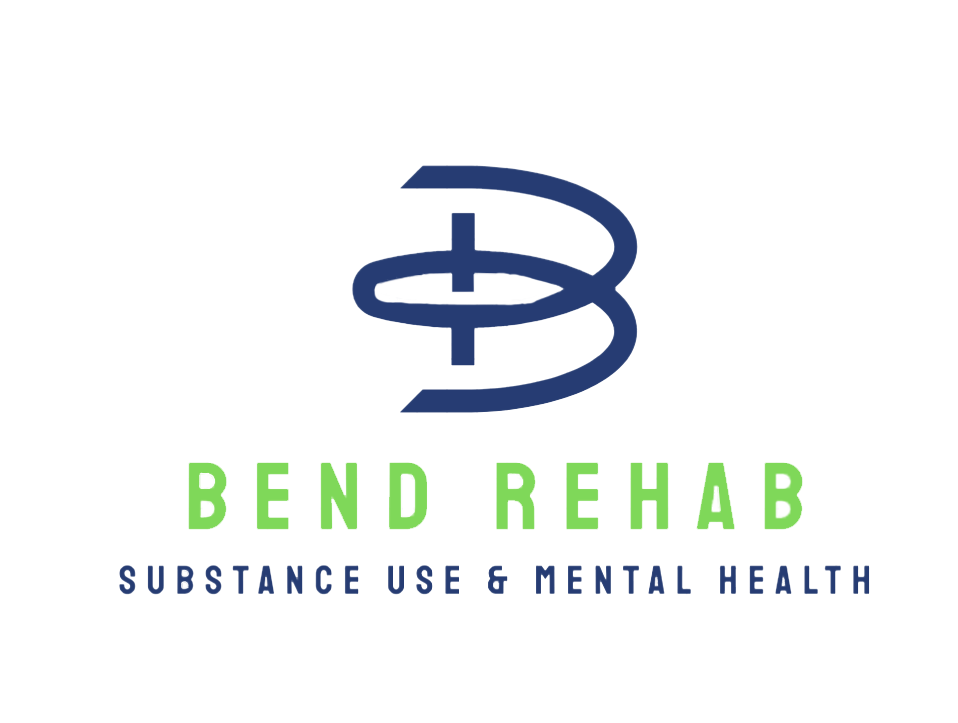What is Cognitive Behavioral Therapy?
Cognitive Behavioral Therapy, or CBT, is a form of psychotherapy that focuses on identifying and changing negative thought patterns and behaviors. It is based on the idea that our thoughts, feelings, and behaviors are interconnected and can influence one another. By addressing these patterns, CBT aims to help individuals develop more positive coping strategies and improve their overall well-being.
Our Cognitive Behavioral Therapy in Bend is available through various mental health providers such as therapists, counselors, and psychologists. This therapy approach has been shown to be effective in treating a wide range of mental health issues including anxiety disorders, depression, post-traumatic stress disorder (PTSD), eating disorders, and substance abuse.
One of the key principles of CBT is understanding the role our thoughts play in our emotions and behaviors. This is known as the cognitive model, which suggests that our thoughts about a situation can greatly impact how we feel and behave in response to it. By identifying and challenging negative or unhelpful thoughts, individuals can learn to change their emotional and behavioral responses.
In CBT sessions, therapists work with clients to identify these automatic thoughts and beliefs, often through techniques such as journaling or thought logs. Once identified, they help clients challenge these thoughts by questioning their validity and exploring more rational or realistic alternatives.
Another important aspect of CBT is the emphasis on learning new coping skills and problem-solving strategies. This can include relaxation techniques, communication skills, and stress management techniques. By practicing these skills in therapy sessions and applying them
How Cognitive Behavioral Therapy Helps
How This Cognitive Behavioral Therapy in Bend Helps Content with us at Bend Rehab Center are dedicated to providing the best care possible for our patients. One of the ways we do this is through cognitive behavioral therapy (CBT), a highly effective form of psychotherapy that focuses on changing patterns of thinking and behavior to improve mental health.
CBT has been proven to be successful in treating a wide range of mental health conditions, including depression, anxiety, PTSD, and substance abuse. It works under the premise that our thoughts, feelings, and behaviors are all interconnected and influence each other. By identifying negative thought patterns and replacing them with more positive ones, CBT helps individuals develop healthier coping mechanisms and improve their overall well-being.
At Bend Rehab Center, our therapists are trained in CBT techniques and work closely with our patients to create personalized treatment plans. We understand that everyone’s struggles and experiences are unique, and we approach each individual with empathy and compassion.
During CBT sessions, our therapists will help you identify negative thoughts and behaviors that may be contributing to your mental health challenges. Together, we will work to challenge these patterns and replace them with more positive and rational thoughts. Through this process, you will also learn practical skills to manage stress, regulate emotions, and improve communication in relationships.
One of the key benefits of CBT is its focus on addressing present issues rather than solely focusing on past experiences. This makes it a highly effective form of therapy for those looking for immediate relief from their symptoms.
What We Treat

Addiction Treatment
Our addiction treatment programs provide personalized, compassionate care to help you regain control of your life, supported by a committed community and proven methods.
Learn More
Mental Health Treatment
We at Bend Rehab take a comprehensive approach to mental health care, providing a nurturing space where you can heal and develop the tools needed for long-term well-being.
Learn More
Co-Occurring Disorder Treatment
Our multidisciplinary team of experts works collaboratively to ensure that all aspects of our patients' health are being addressed, fostering an environment of healing and recovery.
Learn MoreFAQ
We've compiled a list of frequently asked questions to provide clarity on the experience and alleviate any remaining fears or anxieties you might have.
A day in addiction rehab is designed to provide a structured and supportive environment focused on physical, mental, and emotional recovery. Mornings typically start early with a healthy breakfast, followed by a schedule of therapy sessions, group activities, and workshops aimed at addressing the underlying causes of addiction. These may include one-on-one counseling, group and family therapy, fitness classes, educational sessions, and recreational activities. Throughout the day, individuals are provided with nutritious meals, time for relaxation, and opportunities for personal growth through journaling or meditation. Evenings often feature peer support meetings or 12-step programs before winding down for the night. Each day is thoughtfully organized to promote a holistic approach to recovery and help individuals build healthier habits and coping strategies.
A detox period generally lasts about five days but can range from three to 10 days. The length of detox varies depending on factors such as the type of substances used, the amount and frequency of use, the duration of use, and the method of administration. These factors help determine the appropriate length of detox for you or your loved one.
When entering addiction treatment, certain items are recommended to support your comfort and well-being. These can include comfortable clothing, personal hygiene products, properly documented prescription medications, and journals or books for reflection. However, some items are prohibited in treatment facilities, such as drugs, alcohol, weapons, or anything that could disrupt the recovery process. It's important to check with your chosen facility beforehand for a detailed list of allowed and restricted items to ensure a smooth transition into treatment.
At Drug Abuse and Addiction, we recognize the strong connection between addiction and mental health challenges. That’s why our treatment centers focus on addressing both addiction and the underlying mental health issues that often accompany it. Our experienced team provides care for conditions such as depression, anxiety, PTSD, and more, taking a holistic approach to recovery that meets both physical and mental health needs. Our admissions team works to match you with the right facility offering comprehensive care tailored to your unique situation. We’re here to guide and support you on your journey to lasting sobriety and better mental health.
Our admissions team at Drug Abuse and Addiction is here to guide you in finding the right treatment center to meet your needs. Choosing a rehab center can feel overwhelming, but we are here to make the process easier. Our compassionate and experienced team understands the complexities of addiction and the importance of personalized care. We take into account your unique circumstances, preferences, and any co-occurring conditions to connect you with a facility that provides customized support. You don’t have to navigate this journey alone – we’re here to support you every step of the way toward lasting recovery.
Seeing someone you care about struggle with addiction can be incredibly difficult and overwhelming. You may feel unsure about how to help them, but the journey starts with an open and honest conversation. Share your concerns, offer your support, and encourage them to seek professional help, while also setting clear boundaries. Researching treatment options and having resources ready can also make a big difference.
It's important to stay patient, understanding, and supportive throughout this process—recovery is a journey that takes time. With the right support and approach, your loved one can work towards a healthier, addiction-free life. Don’t hesitate to reach out to our team at Drug Abuse and Addiction for guidance. We’re here to assist you and your loved one every step of the way on the road to recovery.
No matter how committed you are to your recovery journey or maintaining lifelong sobriety, the risk of relapse is always present. According to the National Institute on Drug Abuse, relapse rates during recovery fall between 40% and 60%. Experiencing a relapse can bring feelings of shame or regret, and you might even consider giving up rather than continuing to fight against the urge to use. While these emotions are natural, they can hinder your path to a drug-free life. Instead, treat relapse as a chance to learn and grow—refine your prevention plan, identify triggers, and understand the reasons behind the setback. This approach can help you rebuild a stronger foundation for recovery.
The first step is determining whether returning to rehab is necessary. If the relapse was an isolated incident and you’re committed to reviewing and adjusting your recovery plan, inpatient treatment might not be required. Inpatient facilities offer hands-on care and consistent monitoring, but if substance use has become a pattern again, it may be essential to reenter a structured program. Warning signs like conversations about substance use, spending time with people who encourage drinking, or using substances to cope suggest a deeper issue that requires immediate attention.
If you do return to treatment after a relapse, the focus should be on successfully transitioning back into daily life. Spending a few months in a sober living environment can be invaluable, as it provides structure and accountability during the critical early stages of recovery. Additionally, setting up an outpatient therapy plan for continued support after rehab can further reduce the risk of relapse.
Begin your journey to recovery and mental wellness today with us at Bend Rehab, where compassionate support and personalized treatment plans pave the way for a healthier, happier you.

Verify Your Insurance With Us
Freeing yourself from Addiction doesn't have to be hard. Take the first Step and begin filling out the form, it's the initial phase in achieving a healthy recovery. We offer the necessary guidance and professional care crucial during the early treatment stages.




